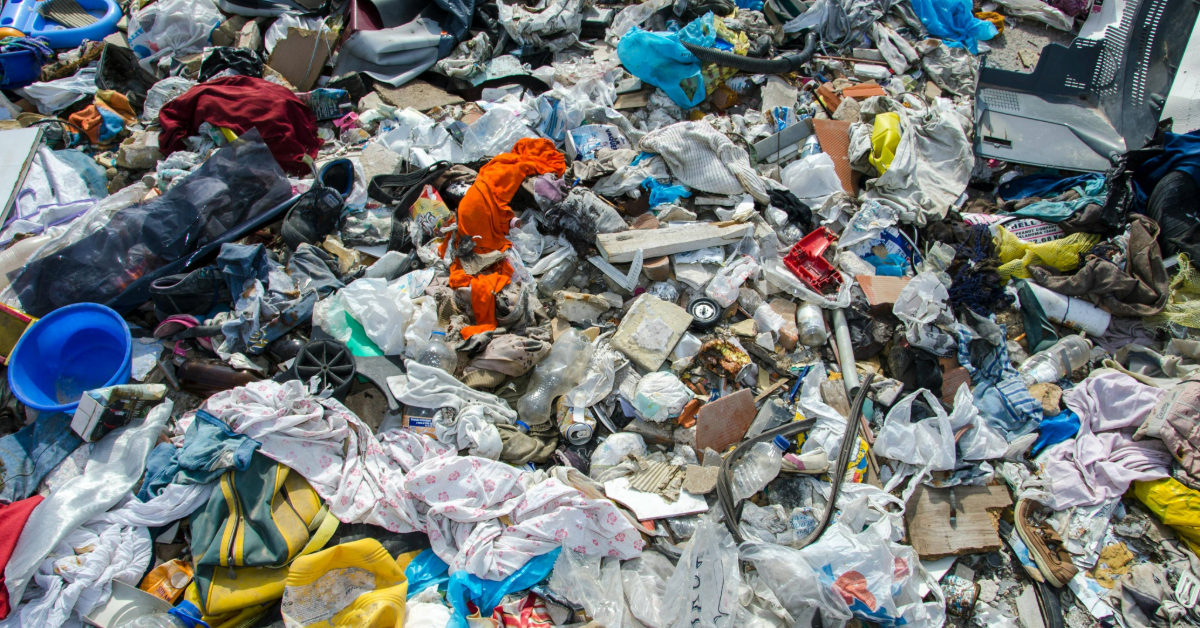With the highest per capita waste generation in Mexico, Baja California Sur ramps up enforcement of its Desplastifícate Law targeting single-use plastics.
Baja California Sur now holds an unenviable national record: it generates more garbage per person than any other state in Mexico. While the national average sits around 990 grams per day per person, residents of Baja California Sur produce a staggering 1.5 kilograms daily.
This eye-opening figure has reignited calls for stronger environmental action, starting with a new push to enforce the state’s






